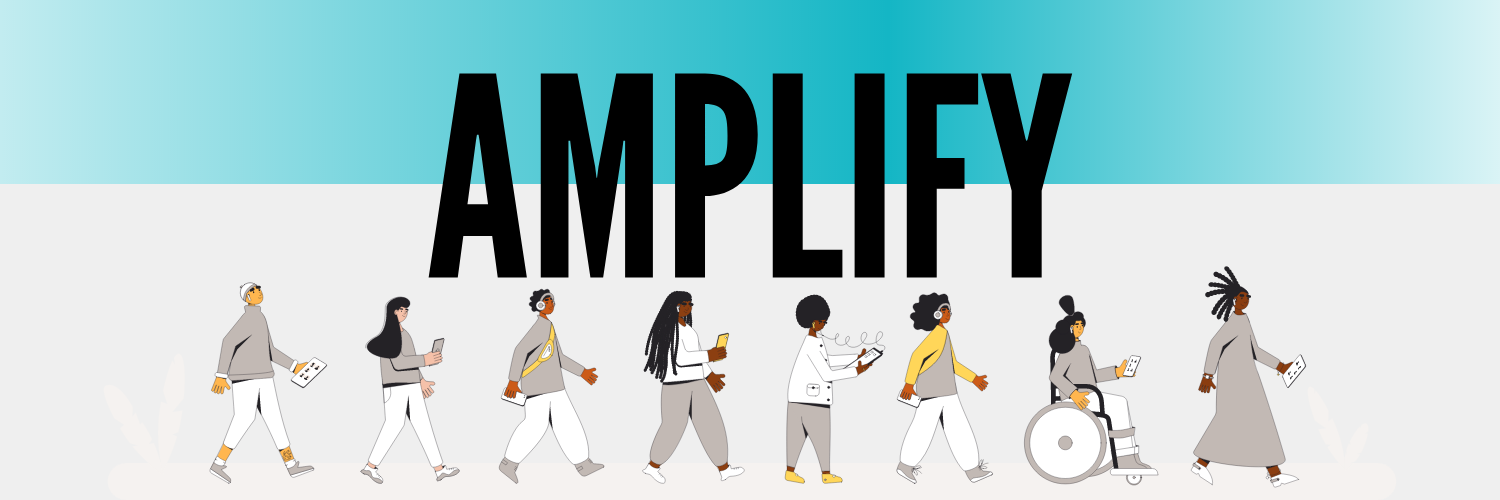In 2021, ACT | The App Association launched its Amplify Diverse Talent Working Group, an effort seeking to elevate the contributions of diverse populations to the app economy, while at the same time highlighting the many issues that disproportionately cause harm to them and their communities. For our final event of the year, we hosted a webinar focusing on the elevated privacy risks that BIPOC (Black, Indigenous, and People of Color) and LGBTQ+ individuals take on when using essential communications technologies.
Verbal communications comprise some of our most private interactions – whether it be a phone call with loved ones, a remote networking session with potential colleagues, or a virtual consultation with a healthcare provider. Yet, as the risk of privacy breaches seems to increase every day, researchers continue to find that the risk of such compromises disproportionately burden BIPOC and LGBTQ+ communities.
To discuss these issues, we invited Kentrell Owens, a PhD Candidate for Computer Science and Engineering at University of Washington, to kick the webinar off with a Firestarter conversation. Kentrell shared some of the many insights contained within his recent paper, “‘You Gotta Watch What You Say’: Surveillance of Communication with Incarcerated People”, co-authored with Camille Cobb and Innovators Network Foundation (INF) Privacy Fellow Lorrie Cranor. Kentrell’s paper explored the privacy invasions that incarcerated individuals and their families suffer, often with no avenues of contestation or recourse, when communicating over prison phone systems.
“Although the described purpose of this surveillance is safety, as is the justification for most forms of surveillance, we need to consider its potential harms. For example, incarcerated people reporting abuse to their families may result in retaliation.”
As the panel opened up to general discussion, Lourdes Turrecha, INF Privacy Fellow and Founder and CEO of theRise of Privacy Tech, jumped in to laud Kentrell’s work and point out that, often, invasive surveillance campaigns can ripple throughout a community, endangering even those not specifically targeted for monitoring.
“It’s not just the incarcerated who have their privacy rights violated when it comes to these communications platforms, there are other individuals who have their rights impacted… Folks deserve to have their privacy rights protected – just because they have loved ones incarcerated doesn’t mean they give up their own privacy rights.”
Panelist Carlos Gutierrez, Deputy Director & General Counsel at LGBT Tech, added the perspective of his organization, which advocates for lawmakers and technology developers to take into consideration the particular sensitivities of a community whose very existence is criminalized and threatened in many countries around the world.
“The stakes are really high for our privacy and our data. So all of this work on surveillance and the action around the protection of data that we do is heightened for our community, in the sense that sexual orientation leaks can reveal a lot of information that can lead to consequences beyond the immediate data leak.”
Finally, Lucie Ide, Founder and CEO of App Association member company Rimidi, shared her experiences as someone looking to use communications technology to reduce disparities. She highlighted the informational challenge of attempting to leverage tools to expand access to health care to historically underserved communities, while at the same time earning trust of those patients who may not want to share sensitive information over the internet.
“The general understanding of privacy in healthcare, whether it’s on the healthcare provider side or on the consumer side is so poor… So our efforts, both through the HEAL Working Group as well at our company is: how can we make that all more understandable… And for vulnerable or medically underserved communities, that bar is a lot higher, because there is a health literacy challenge, there may be a data literacy challenge, there may be a general literacy challenge. How do we write privacy policies and privacy practices that people can actually understand what they are consenting to?”
For those interested in hearing more on this topic, you can view the webinar in its entirety below. The App Association looks forward to continuing the conversation around similar issues this year, so if you would like to learn more about the Amplify Diverse Talent Working Group or become involved in future panels, webinars, and events, you can email Caitlin Irr at [email protected].
